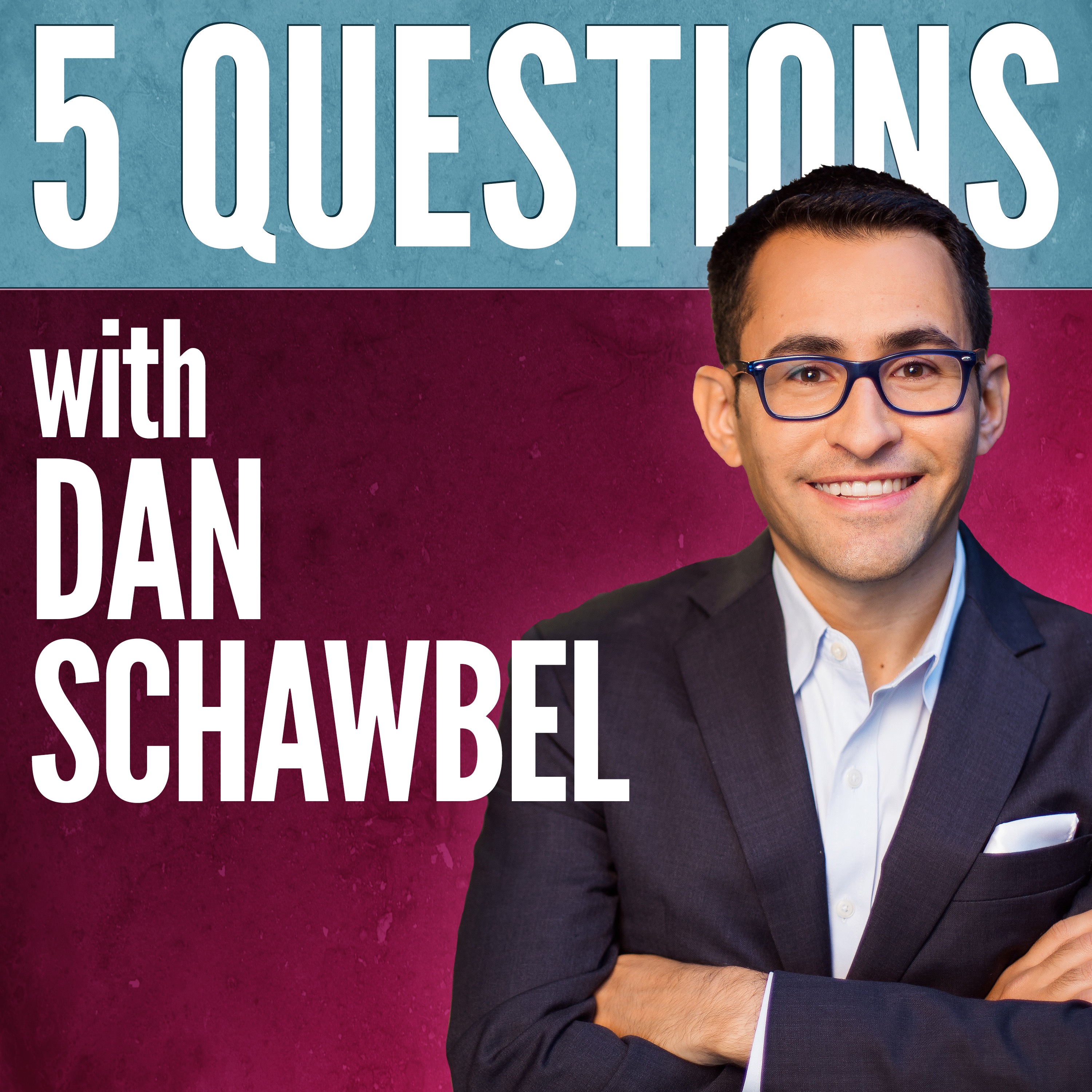 An interview with Neil deGrasse Tyson about how writing letters has impacted his life, how he became an effective storyteller, why we should look inside ourselves to find meaning, the impact of artificial intelligence in our lives and his best career advice.
An interview with Neil deGrasse Tyson about how writing letters has impacted his life, how he became an effective storyteller, why we should look inside ourselves to find meaning, the impact of artificial intelligence in our lives and his best career advice.
Welcome to the 57th episode of 5 Questions with Dan Schawbel. As your host, my goal is to curate the best advice from the world’s smartest and most interesting people by asking them just 5 questions.
Podcast: Play in new window | Download (Duration: 9:02 — 9.9MB) | Embed
Subscribe: Apple Podcasts | Spotify | Email | TuneIn | RSS | https://danschawbel.com/subscribe
This episodes guest:
My guest today is astrophysicist, author and head of the Hayden Planetarium, Neil deGrasse Tyson. Born in New York City to a gerontologist father and sociologist mother, he grew up in the Bronx. In high school he was the captain of the wrestling team and the editor-in-chief of the Physical Science Journal. Neil first became interested in astronomy following a visit to the Hayden Planetarium, where he enrolled in various courses there. He started gaining notoriety as a 15-year-old lecturing in his community. He went on to earn his BA in Physics from Harvard and his PhD in Astrophysics from Columbia. In 2001, President George Bush appointed him to serve on a commission studying the Future of the U.S. Aerospace Industry and in 2004, he was reappointed to focus on the implementation of the U.S. Space Exploration Policy. In 2006, he was appointed to serve on the NASA Advisory Council and was awarded the NASA Distinguished Public Service Medal. Currently, Neil is the head of the Hayden Planetarium, a research associate of the Department of Astrophysics at the American Museum of Natural History and the host of the StarTalk podcast. He has written sixteen books including his latest, Letters from an Astrophysicist, that we discuss in this podcast.
The 5 questions questions I ask in this episode:
- You’ve written countless letters over the past 30 years and have documented them in this book. Writing letters is a lost art form in the age of email, texting and social media. How has reviewing and publishing these letters impacted how you live your life?
- You have blended science and pop culture in an entertaining way that has gotten people who don’t like or understand science interested in it. How did you learn to be such an effective communicator?
- You say that people tend to look outside of themselves to find meaning in their lives. Why do you suggest people instead look inside themselves and how have you benefited from doing that?
- This year, I worked on a global study focused on artificial intelligence with Oracle. We found that people are now embracing AI and have an overall positive relationship with it, despite privacy and security concerns. How can AI improve our lives instead of cause us harm?
- What is your best piece of career advice?
Follow Neil’s journey:
Sagan’s critics were wary of pop science. Would the need to entertain come before rigor and accuracy? And those fears have been realized with Tyson. Possibly the sloppiest, most inaccurate pop science celebrity who has ever lived.